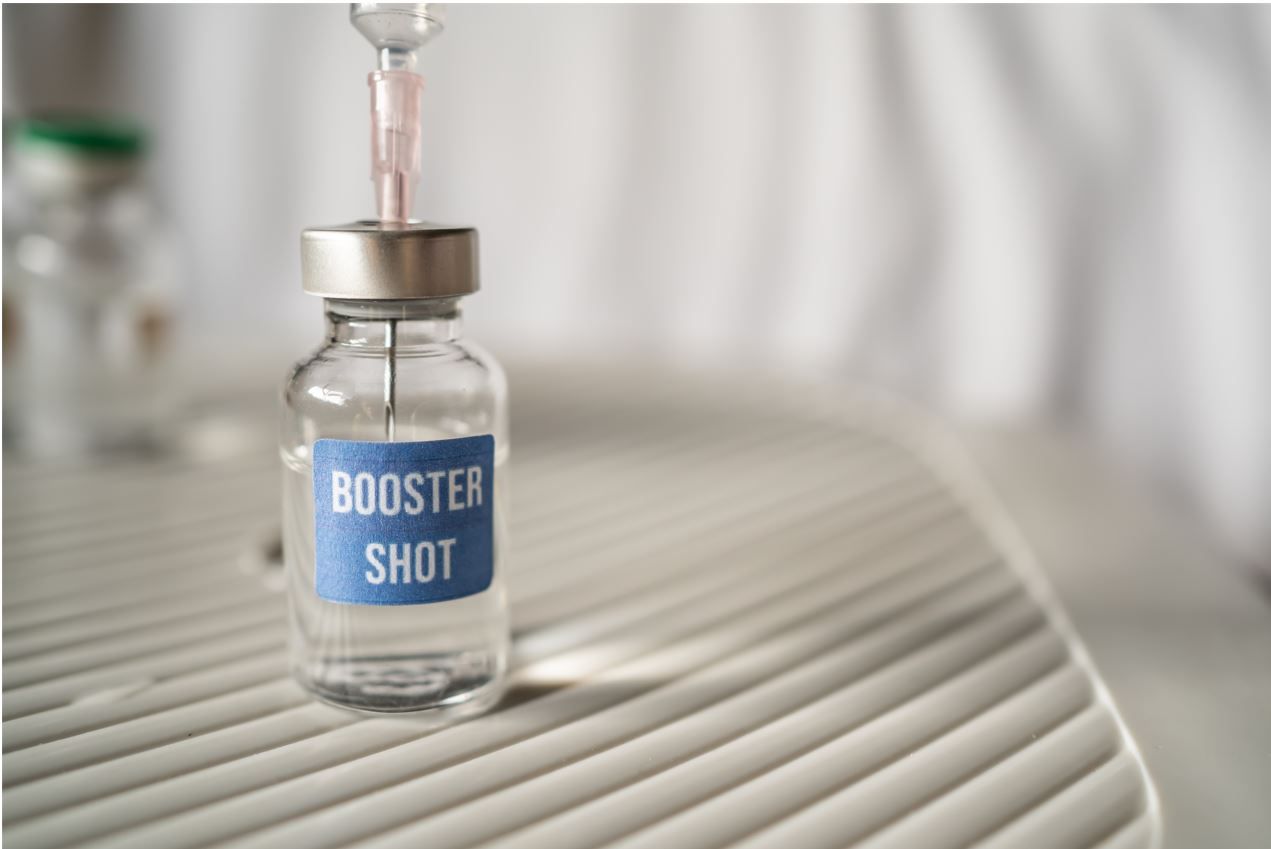
- Clinical Technology
- Adult Immunization
- Hepatology
- Pediatric Immunization
- Screening
- Psychiatry
- Allergy
- Women's Health
- Cardiology
- Pediatrics
- Dermatology
- Endocrinology
- Pain Management
- Gastroenterology
- Infectious Disease
- Obesity Medicine
- Rheumatology
- Nephrology
- Neurology
- Pulmonology
FDA Authorizes Second COVID-19 Booster Shot for Older and Immunocompromised Persons
The FDA authorized a second booster dose of the Pfizer or Moderna COVID-19 vaccines for people aged over 50 years and certain immunocompromised persons.
©wachiwit/AdobeStock

The US Food and Drug Administration (FDA) on Tuesday authorized a second booster dose of either the Pfizer-BioNTech or the Moderna mRNA COVID-19 vaccines for adults aged ≥50 years and certain immunocompromised persons.
The FDA previously authorized a single booster dose for certain immunocompromised persons following completion of a 3-dose primary vaccination series. This action will now make a second booster dose of these vaccines available to other individuals at higher risk for severe disease, hospitalization, and death, according to the agency’s March 29, 2022 press release.
“Current evidence suggests some waning of protection over time against serious outcomes from COVID-19 in older and immunocompromised individuals. Based on an analysis of emerging data, a second booster dose of either the Pfizer-BioNTech or Moderna COVID-19 vaccine could help increase protection levels for these higher-risk individuals,” said Peter Marks, MD, PhD, director, Center for Biologics Evaluation and Research, FDA, in the press release.
“Additionally, the data show that an initial booster dose is critical in helping to protect all adults from the potentially severe outcomes of COVID-19. So, those who have not received their initial booster dose are strongly encouraged to do so,” continued Marks.
The FDA specified that a second booster shot of either mRNA vaccines may be administered to people aged ≥50 years at least 4 months after they received a first booster dose of any authorized or approved COVID-19 vaccine.
Persons aged ≥12 years with certain kinds of immunocompromise can receive a second booster dose of the Pfizer COVID-19 vaccine at least 4 months after a first booster of any authorized or approved COVID-19 vaccine. A second booster dose of the Moderna COVID-19 vaccine is available only to adults because it is not yet authorized or approved for anyone aged <18 years.
The FDA said that it has “determined that the known and potential benefits of a second COVID-19 vaccine booster dose with either of these vaccines outweigh their known and potential risks in these populations.”
A summary of surveillance data from Israel from approximately 700 000 adults aged ≥18 years who received a fourth dose of the Pfizer COVID-19 vaccine revealed no new safety concerns.
For Moderna, safety was informed by experience with Pfizer’s COVID-19 vaccine and by information reported from a separate study of 120 adults who received a Moderna booster dose after receiving a 2-dose primary series and a first booster dose of Pfizer’s vaccine at least 4 months prior. “No new safety concerns were reported during up to three weeks of follow up after the second booster dose,” said the FDA in the press release.
Immunogenicity data came from an open-label study in health care workers at a single center in Israel who received primary vaccination and a first booster dose with Pfizer’s vaccine were administered a second booster dose of either the Pfizer or Moderna COVID-19 vaccine at least 4 months following the first booster shot. Results showed increased neutralizing antibody levels against SARS-CoV-2, including against delta and omicron variants, 2 weeks after the second booster compared to 5 months after the first booster dose, according to the press release.
The FDA said it will continue to evaluate data and information as it becomes available when considering the potential of a second booster dose in other age groups.
2 Commerce Drive
Cranbury, NJ 08512
All rights reserved.